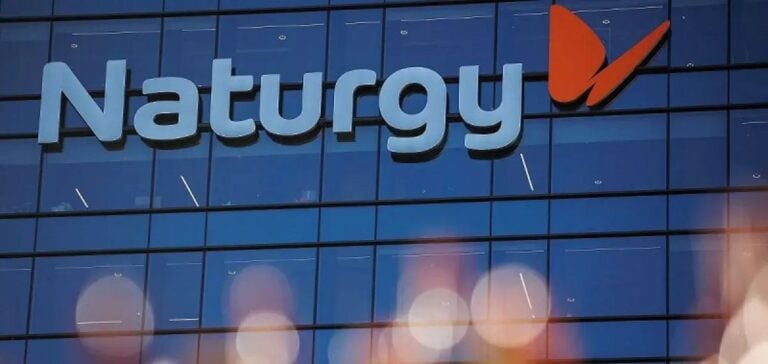Spanish energy giant Naturgy has skilfully navigated the downward trend in energy prices for both gas and electricity in the first half of 2024.
Despite these challenges, the Group managed to maintain a net profit of 1.04 billion euros, on a par with the first half of the previous year.
The former Gas Natural Fenosa, renamed Naturgy in 2018, posted gross operating income (Ebitda) of 2.85 billion euros, identical to 2023.
This stable performance comes in a complex economic environment, marked by a significant drop in energy prices.
Strategic agreement with Sonatrach
One of the keys to this success is the strategic agreement reached with Sonatrach, the Algerian group, concerning gas supply prices.
This agreement demonstrates the strength of the historic relationship between the two entities and guarantees gas supplies to the Iberian Peninsula, thus strengthening Naturgy’s market position.
On the strength of these encouraging results, Naturgy forecasts annual profits in excess of 1.8 billion euros for 2024.
The group also reaffirmed its commitment to renewable energies, announcing increased investments to accelerate the decarbonization of its activities.
Rumours and future prospects
Naturgy’s future is the subject of much speculation, especially following the failure of negotiations with the Emirati group Taqa for the purchase of over 40% of its shares.
This failure has rekindled market rumors, including potential interest from Australian pension fund IFM and investment fund Criteria Caixa in a joint takeover.
Despite an unfavorable energy context, Naturgy has managed to stabilize its financial performance thanks to strategic partnerships and prudent management.
Growth prospects for 2024 are optimistic, with a focus on renewable energies and a clear strategy for securing gas supplies.
Naturgy’s ability to navigate these turbulent waters will be crucial to its long-term future, as rumors of further takeovers continue to circulate.






















